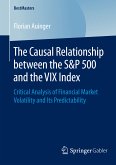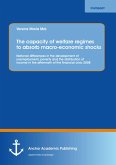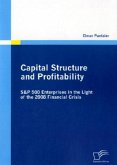
eBook, PDF
17. März 2010
Diplom.de
Statt 48,00 €**
33,00 €
**Preis der gedruckten Ausgabe (Broschiertes Buch)
inkl. MwSt. und vom Verlag festgesetzt.
Sofort per Download lieferbar
VersandkostenfreieBook, PDF
1. August 2010
Diplomica Verlag
Ähnliche Artikel

eBook, PDF
13. Februar 2015
Springer Fachmedien Wiesbaden

Statt 29,95 €**
18,99 €
**Preis der gedruckten Ausgabe (Broschiertes Buch)
inkl. MwSt. und vom Verlag festgesetzt.
Sofort per Download lieferbar
eBook, PDF
3. September 2024
GRIN Verlag

eBook, PDF
18. Oktober 2010
Diplom.de

Statt 44,99 €**
34,99 €
**Preis der gedruckten Ausgabe (Broschiertes Buch)
inkl. MwSt. und vom Verlag festgesetzt.
Sofort per Download lieferbar
Versandkostenfrei
Statt 39,99 €**
29,99 €
**Preis der gedruckten Ausgabe (Broschiertes Buch)
inkl. MwSt. und vom Verlag festgesetzt.
Sofort per Download lieferbar

eBook, PDF
30. Dezember 2020
Taylor & Francis eBooks

eBook, PDF
5. September 2013
Taylor & Francis eBooks

eBook, PDF
25. Juni 2008
Diplom.de

eBook, PDF
28. März 2008
Diplom.de

eBook, PDF
1. August 2011
Diplom.de
Ähnlichkeitssuche: Fact®Finder von OMIKRON

